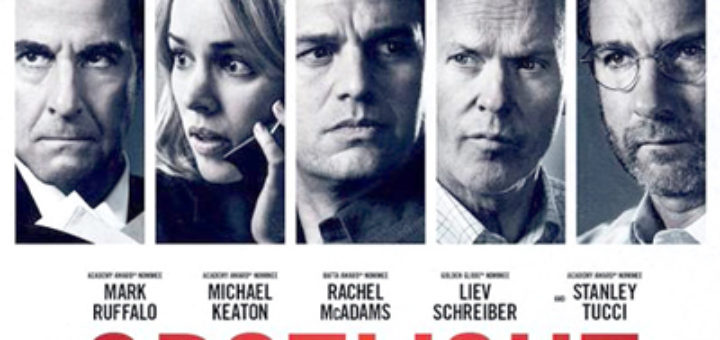The Rules Of Twitter Journalism
Twitter is a vast and glorious place and one of the wonderful things about it is the many different ways people can use it. Some people use Twitter to shout their opinions to the world, while others use it to talk quietly among friends.
But when it comes to reporting, how should journalists use it?
At the moment, we’re using it all wrong. We’re grabbing random tweets, isolated conversations locked into a 140-character limit, and using them to drive whatever story we want. We need to stop. So the Paradox team decided we needed some rules for using Twitter as a foundation for our stories.










